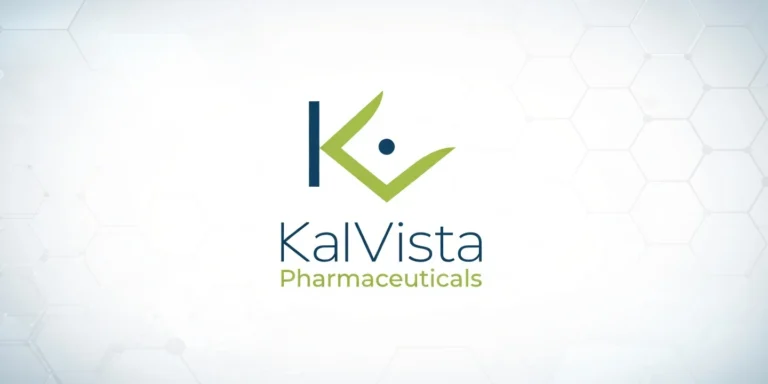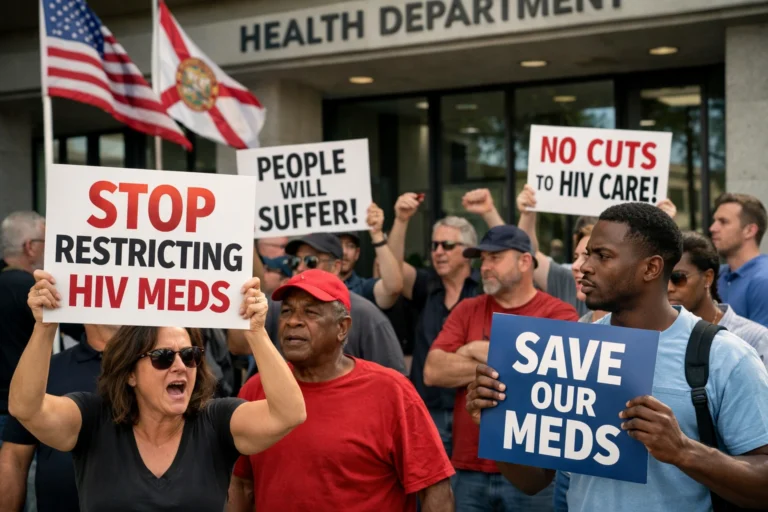
Between January 2022 and October 2024, over 120 countries reported cases of mpox, marking a significant multi-country outbreak that impacted all WHO regions. In response, public health professionals convened in September 2024 to share lessons and best practices gathered over the past two years on leveraging digital and analytic tools in addressing mpox. Organized by the GOARN Operational Support Team, the World Health Organization (WHO) Hub for Pandemic and Epidemic Intelligence, and the mpox Incident Management Support Team, this webinar underscored the critical role of information sharing in fostering collaboration and improving response processes and outcomes.
The mpox outbreak was first declared a Public Health Emergency of International Concern (PHEIC) by the WHO in 2022. This status was lifted in 2023 following a significant and sustained decline in global cases. However, in recent months, mpox cases surged, particularly in the Democratic Republic of the Congo (DRC) and other African countries. This prompted WHO Director-General Dr. Tedros Adhanom Ghebreyesus to re-declare mpox a PHEIC in August 2024, marking the second such declaration in two years.
Innovative approaches and tools played a vital role in the outbreak response following the initial PHEIC in 2022. Digital platforms, data analytics, and technology-driven solutions helped enhance surveillance, contact tracing, risk communication, and resource allocation. These tools enabled public health teams to act swiftly and effectively in containing the spread of the virus. Over the past two years, these efforts have yielded valuable insights into the potential of technology to augment public health interventions.
The September 2024 webinar provided a platform for health professionals and stakeholders to reflect on these experiences. Presenters shared practical insights on the deployment of digital and analytic tools, including their successes and challenges. Among the key takeaways were:
- Enhanced Surveillance Systems: Digital tools enabled real-time tracking of mpox cases, helping identify hotspots and informing targeted interventions.
- Improved Data Analytics: Analytics platforms facilitated the interpretation of vast amounts of epidemiological data, uncovering trends that guided decision-making.
- Innovative Communication Strategies: Tools such as mobile apps and social media campaigns helped disseminate accurate information and counter misinformation, increasing public awareness and engagement.
- Strengthened Collaboration: Digital platforms fostered better coordination among international, regional, and local health authorities, ensuring a unified response.
Despite these successes, challenges remain. In resource-limited settings, access to advanced technology and data infrastructure proved a hurdle. Additionally, the rapid development and deployment of digital tools often outpaced regulatory frameworks, raising concerns about data security and ethical use.
The webinar highlighted the importance of addressing these challenges to enhance future outbreak responses. Participants emphasized the need for capacity building, especially in low-resource settings, to ensure equitable access to digital tools. Moreover, they called for the establishment of robust frameworks to govern the ethical use of data and technology in public health.
As mpox continues to pose a threat in many regions, the insights shared during the webinar aim to optimize the use of digital and analytic tools in combating this and other outbreaks. By fostering a culture of collaboration and innovation, public health professionals are better equipped to mitigate the impact of emerging infectious diseases and protect global health.





